In 2002 the Welsh artist William Wilkins established Artes Mundi in Cardiff. The biennial exhibition and international contemporary art prize provide a stimulus to both artists and audiences in the country, and the single prize of £40,000 has ensured a rich field of applicants (this year, over 800 nominations) from across the globe. The focus of the organisation has always been on art that ‘reaches out to a wider audience than usual and [in which] the artists should refer to the human form and the human condition.’ In practice this has meant a commitment to work that is socially engaged, often site-specific and unafraid to confront difficult emotional or political subjects. Chinese artist Xu Bing (who is interviewed by Marina Cashdan in the current issue of Apollo) was the first winner in 2004. Subsequent winners have included Finnish artist Eija-Liisa Ahtila, Indian artist N.S. Harsha, Israeli artist Yael Bartana and Mexican artist Teresa Margolles, a graduate of forensic medicine.
This year, under new director Karen MacKinnon, but pursuing a drift already becoming evident in previous editions, the emphasis has shifted away from the prize itself and towards the city-wide exhibition. Three galleries are hosting displays of work by the shortlisted artists, who were selected by the curator Adam Budak, and Sabine Schaschl, director of the Museum Haus Konstruktiv in Zurich. Moreover, the biennial has co-commissioned two further projects by UK based artists – Adam Broomberg & Oliver Chanarin at MOSTYN in Llandudno, and Bedwyr Williams in Bangor – hoping proactively to extend its reach across Wales.
The first location is Ffotogallery in Penarth’s Turner House, which once served as an outpost of the National Museum. In an elegant upstairs space, Icelandic artist Ragnar Kjartansson (one of the artists selected for the inaugural Apollo 40 Under 40) has installed his epic nine-channel video projection The Visitors, commissioned in 2012 for the Migros Museum in Zurich. Lush, romantic, and flaunting its own ironies, the film records Kjartansson and a group of musician friends playing a song inspired by the breakup of the artist’s marriage. The performance was staged at Rokeby Farm (the Astors’ old pad in upstate New York, now in a state of bohemian decline) and was recorded simultaneously in different rooms: Kjartannson himself appears in the bath, with his guitar.
Downstairs at Ffotogallery are three sharply political photographic installations by the Croatian feminist artist Sanja Iveković. In GEN XX (1997–2001) glossy images of supermodels are overprinted with the names and dates of imprisonment, torture or death of forgotten female antifascist militants of the Second World War. They too were once beautiful young women. The Disobedient (The Revolutionaries) is a funny, forceful, moving installation in which a small black and white image of a dejected donkey, surrounded by barbed wire fencing and watched by a crowd of children and Nazi officers, is accompanied by a shelf full of stuffed toy donkeys. Each is given the name of a hero or heroine dissenter – Rosa Luxemburg, Paul Celan, Primo Levi, Ruth First. In Iveković’s work, text matters – it transforms the meaning of both images and objects.
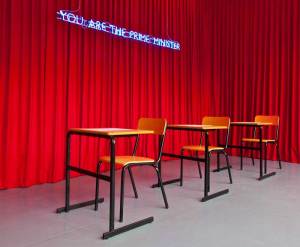
MG_3635-Mirza-Butler-Unreliable-Narrator-waterside-contemporary Unreliable Narrator 2014 installation view. Image courtesy waterside contemporary, London
The second venue, Chapter, hosts a set of video and installation works. Karen Mirza and Brad Butler’s work questions our perspective on political issues: in You are the Prime Minister, for example, the seemingly open invitation to imagine yourself in the role turns out to have been directed at Etonians, whose exam papers lie on the desks. Upstairs, Sharon Lockhart’s tender film Exit (for which she filmed employees leaving the Bath Iron Works in Maine from 7–11 July 2008) is accompanied by formally beautiful stills of workmen and their lunch boxes.
The provocative Belgian artist Renzo Martens shows Enjoy Poverty (2008) at Chapter. The film dramatises his efforts in the Democratic Republic of the Congo to find a less exploitative, less overtly colonial relationship with cocoa plantation workers, by encouraging them to make a commodity out of their own poverty – a sometimes comically uncomfortable proposition. The artist’s five year project has resulted in a range of chocolates based on former plantation workers’s self-portraits, produced by the leading Belgian chocolatiers Callebaut. These are on display – and for sale – in the National Museum of Wales.
It is in the National Museum’s grandiose pillared building that the larger installations by Theaster Gates, Carlos Bunga, Renata Lucas and Omer Fast (who contributes the spookily disorientating film Continuity from 2012) are displayed. Each artist requires quite separate consideration – and yet together, they give a powerful sense of the ambition and political or social commitment of some of today’s leading artists. Very much worth the journey, wherever you come from.
The Artes Mundi 6 Exhibition is open in Cardiff until 22 February 2015. The Prize winner will be announced on 22 January.
Apollo 40 Under 40: The Artists
Is the Turner Prize still relevant at 30?
Unlimited access from just $16 every 3 months
Subscribe to get unlimited and exclusive access to the top art stories, interviews and exhibition reviews.

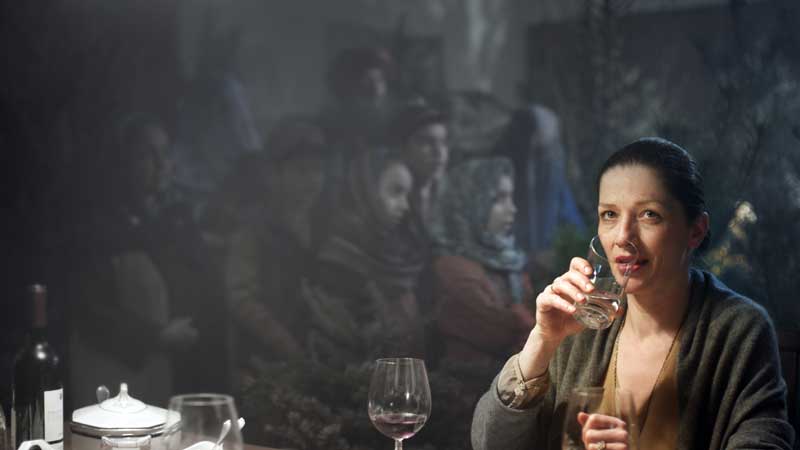
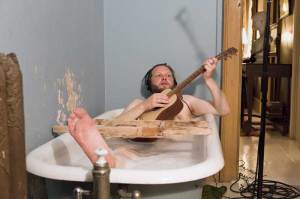
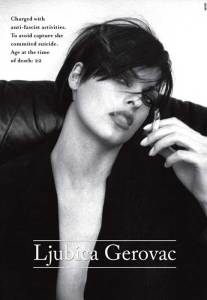
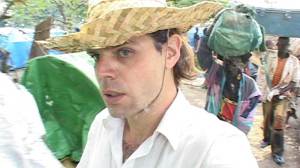
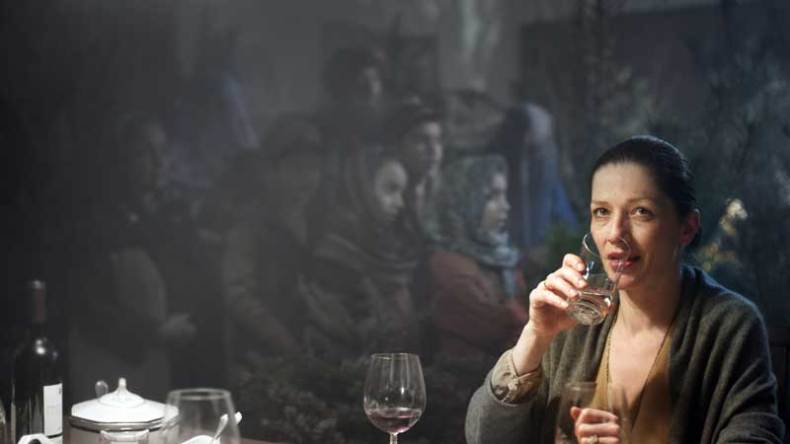
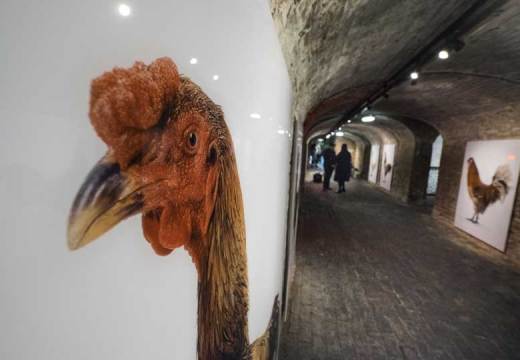
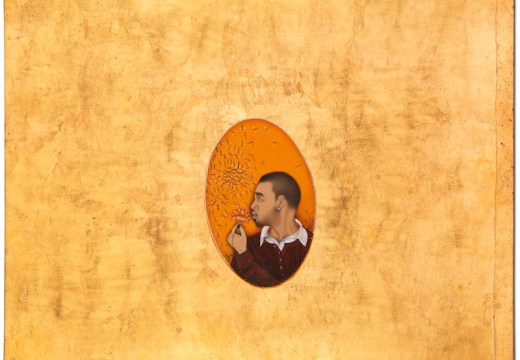
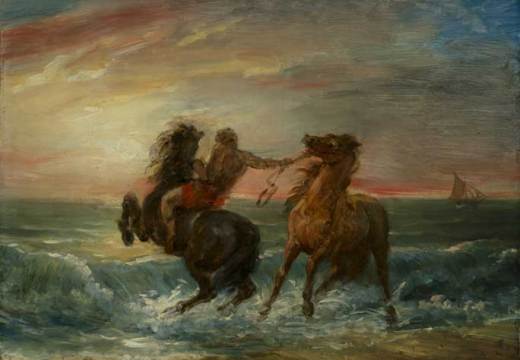









![Masterpiece [Re]discovery 2022. Photo: Ben Fisher Photography, courtesy of Masterpiece London](http://www.apollo-magazine.com/wp-content/uploads/2022/07/MPL2022_4263.jpg)
Suzanne Treister’s tarot offers humanity a new toolbox